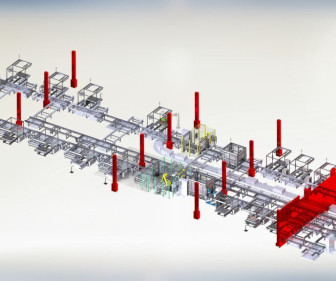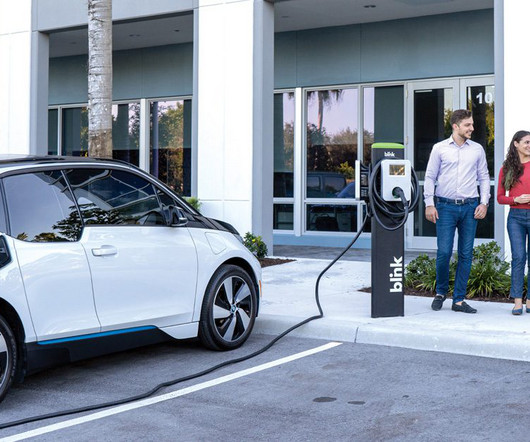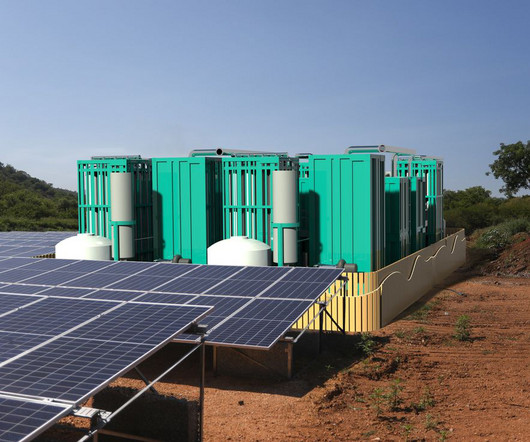Impact Clean Power Technology unveils visualization of GigafactoryX; 4 GWh/year by 2027
Green Car Congress
JULY 12, 2023
The plant will also produce energy storage systems designed for the commercial power industry, including for large-scale electricity storage. The factory will be certified to IATF 16949:2016, ISO 45001:2018 and ISO 14001.:2015, The commissioning of the first automated production line is scheduled for January 2024.












Let's personalize your content